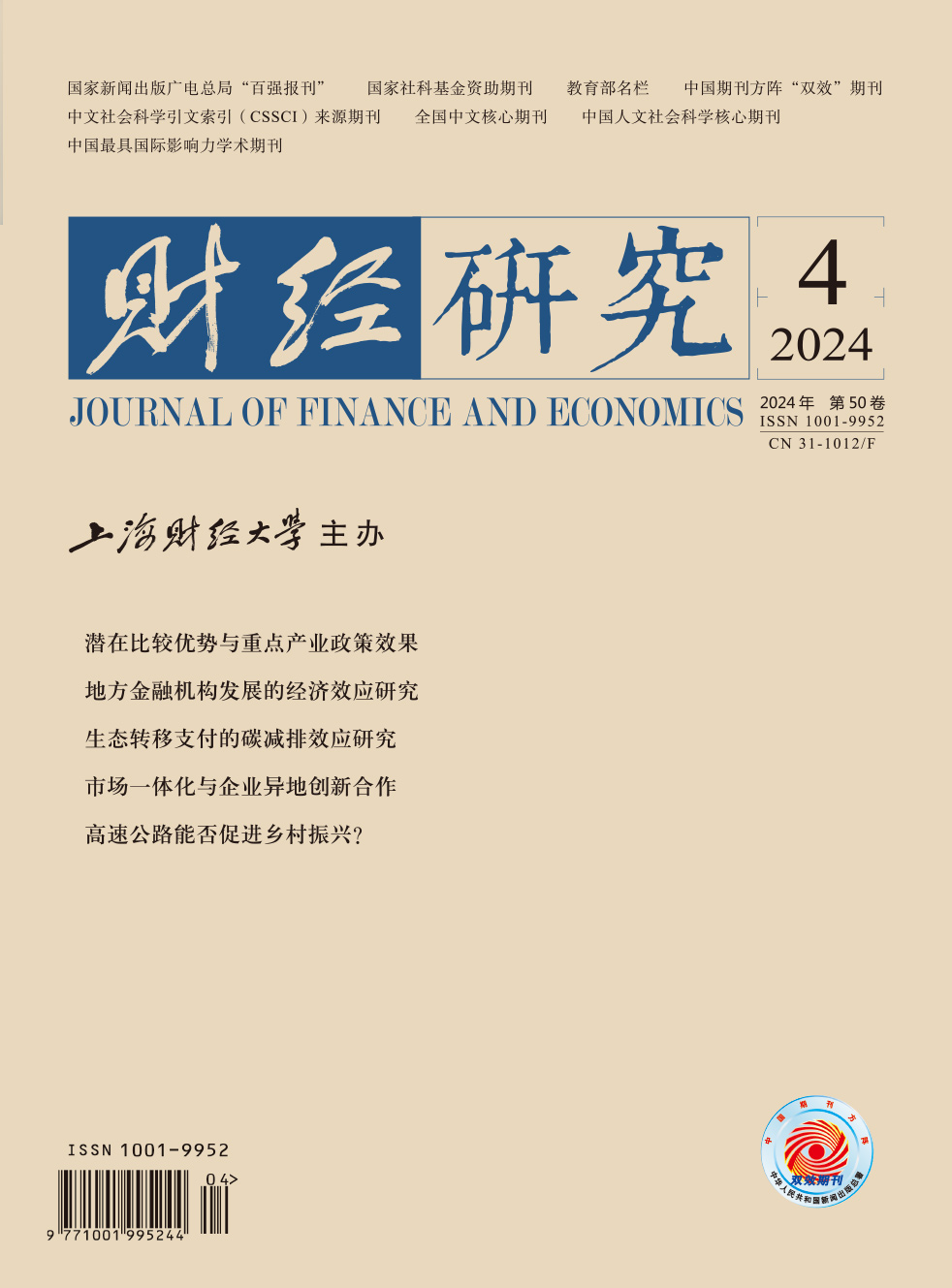Key industrial policies are important measures for the government to intervene in the economy with tangible hands, but in the actual process of policy implementation, key industrial policies may deviate from potential comparative advantages of the region. At the same time, China’s economic development is still faced with the problem of zombie firms, and the COVID-19 epidemic has also provided conditions for the survival of zombie firms. Therefore, it is worth paying attention to whether there is a certain correlation between the implementation of industrial policies and the formation of zombie firms, and revealing the relationship between the two has practical significance.
Based on the data of China’s industrial firms and customs, this paper examines the impact and mechanism of the deviation of key industrial policies from potential comparative advantages on firm zombification. The study finds that this deviation will lead to the induced effect of zombie firms. Considering the central-local relationship, the results show that the distortion of key industrial policies formed by both central and local support has the largest impact on zombie firms, while the impact of only local support is the smallest. Heterogeneity analysis shows that the induced effect of zombie firms with key industrial policies deviating from potential comparative advantages mainly exists in state-owned firms, labor-intensive firms, and firms with large financing constraints. Mechanism testing shows that the deviation of key industrial policies from potential comparative advantages promotes inefficient investment and distorts the entry and exit channel, ultimately deepening the degree of firm zombification.
The marginal contributions of this paper are as follows: First, based on the unique perspective of the deviation of key industrial policies from potential comparative advantages, it explores for the first time the induced effect of key industrial policies on zombie firms, which effectively supplements the relevant literature on the influencing factors of zombie firms. Second, the systematic investigation on the zombie effect of key industrial policies deviating from potential comparative advantages not only expands the scope of industrial policy research, but also expands the relevant literature on the evaluation of the economic effect of industrial policies. Third, it extends the strategic trade theory and the product space theory from the perspective of domestic division of labor, and responds to the debate in relevant research on whether key industrial policies should follow comparative advantages. This paper also provides important insights for the government to choose key supporting industries, improve industrial policy implementation plans, and effectively dispose of zombie firms.





 4774
4774  5089
5089

